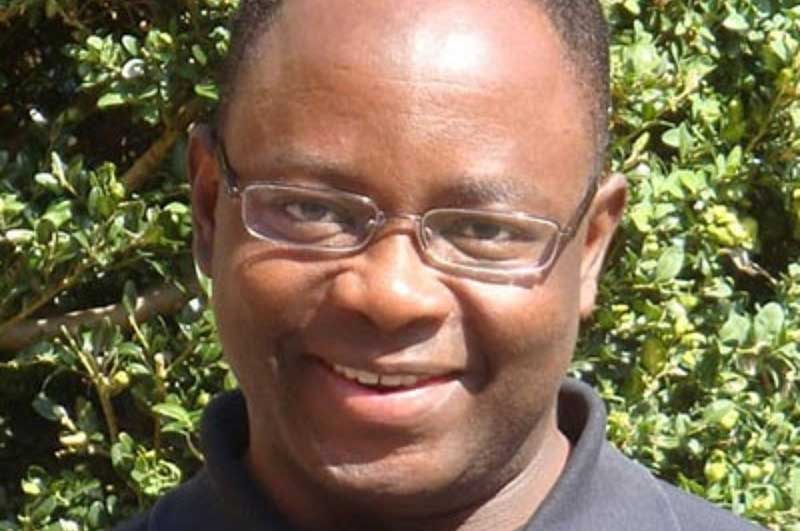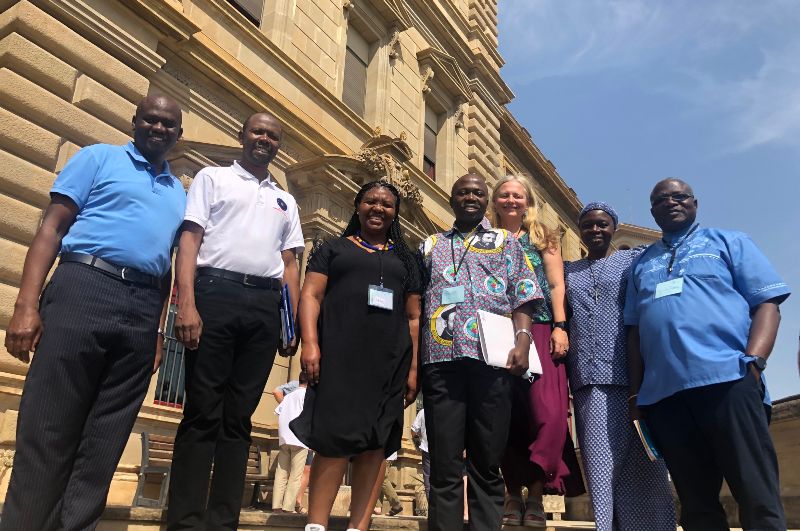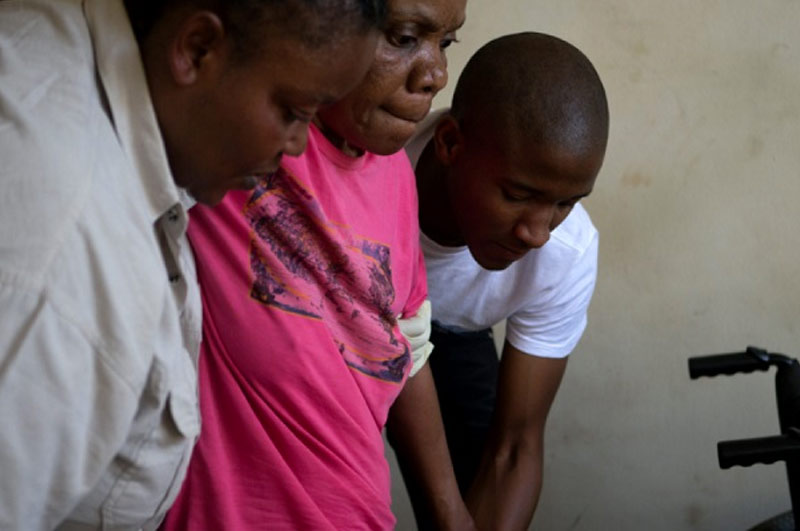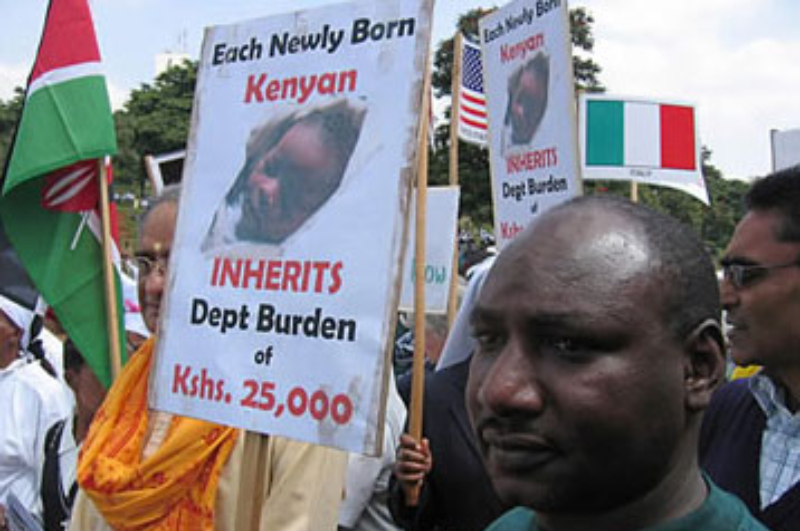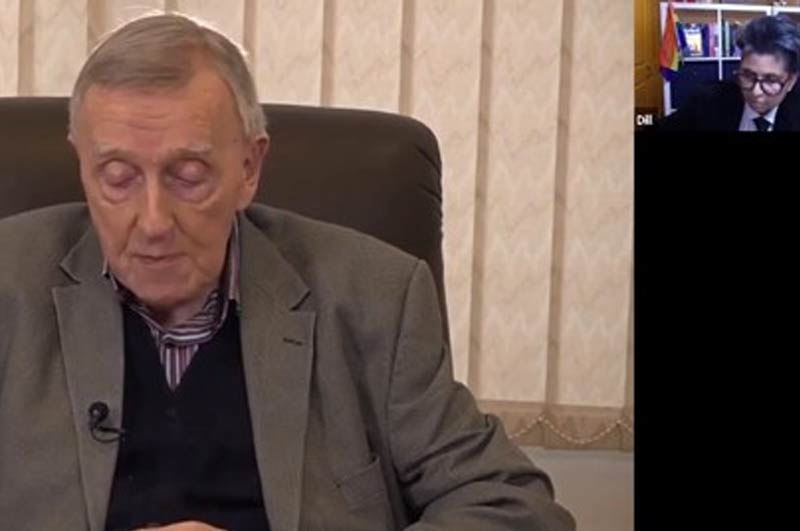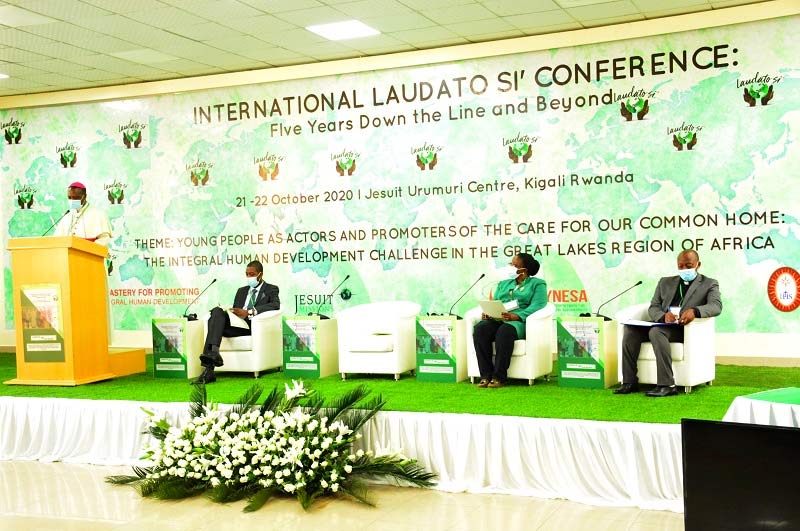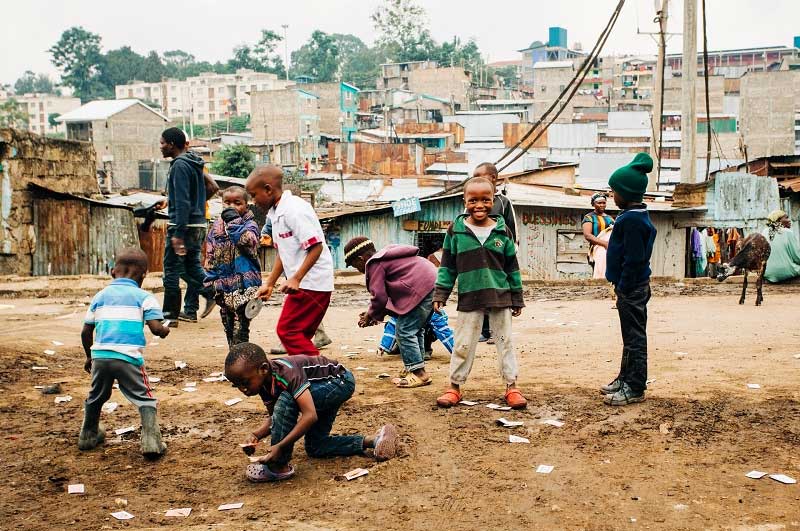


Staying home and social distancing are now essential to control the spread of COVID-19. Suitable accommodation for quarantine and isolation are critical, but Africa’s housing systems and policies leave the poor and vulnerable severely and dangerously exposed.
Crowded share housing According to World Bank data more over 60% of urban dwellers in Africa currently live in slums also called informal settlements. Informal settlements are areas with insecure residential status and those in major African cities are quite grim and horrifying. They are just warrens of shacks and crudely built single-room (about 3 x 4-meter squares) apartment blocks. The one room could be home for as many as 11 from one household. Even those who are single share the accommodation in order for them to manage the rent. For the unmarried young, each single-room apartment may have at least more than four housemates and many others may have six or more in one bedroom or even sharing one bed. Across Africa, they are the primary way by which hundreds of thousands of people have escaped even greater poverty in the countryside, where 82% of people living in extreme poverty in Africa live and earn what little money they have primarily from farming.
The housing conditions of a large proportion of the urban poor in African cities provide fertile ground for the coronavirus to spread. If any resident of an urban slum tested positive for COVID-19, they would probably not have a space where they can self-isolate, an impossible feat!
“It is impossible to self-isolate here, we share water points, toilets, bathrooms and even beds,” said Rose Akoth from Korogocho slum in Nairobi. In the slums, even if anybody tested positive they would have not much recourse to self-isolation facilities or to medical attention as there are very few or no possibilities.
The Urban Poor Work to pay the rent Paying the rent is a major worry for many slum dwellers even before the pandemic. The urban poor agree that their biggest worry even before food is about paying the rent each week. “Often I go without necessities like food, so I can pay for my accommodation”, said Wanjiru a 27-year mother of two.
The greatest fear of most urban poor is that of being homeless. To take care of that worry many say that they have to engage some kind of informal business or job for them to earn an income as formal jobs are very hard to come by. According to ILO, an estimated 85.8 per cent of African workers are informally employed and they tend to be employed in low-productivity jobs offering comparatively low wages.
“My business, which is hawking fruits on Mombasa Road, has been hit hard by the COVID-19 pandemic as the number of customers I serve has dwindled and prices for stock have spiked. For two months now, I have sought alternative livelihood but to no avail.” Said Muthoni, another young mother of two from Mihango in Nairobi. Muthoni has been trying to work out alternative income generation as a laundrywoman but many people are shirking from hiring her for fear of contracting Covid-19.
The loss of business for many like her has meant failure to pay their rent and therefore loss of housing. Recent measures to prevent landlords evicting tenants who are in financial distress due to COVID-19 are not helping as the moratorium is not being followed or does not appear to prevent landlords evicting tenants. One such case was that of Eliza from Nairobi who was evicted out of a bedsitter she rented for failing to pay her rentals and was later sexually abused as she sheltered in an unfinished open house for the night.
“I had had nowhere to go; so, I found shelter in an unfinished and open house with my two children and did so for two weeks” said Eliza as she narrated her ordeal. “Last week thugs banged into the open unfinished building, where I was sleeping with my two children around 11.00pm and sexually abused me.”
Exposed by “Protection” In an effort to protect populations from the corona virus, more than half of the urban dwellers living in slums in Africa are getting exposed as they lose incomes, become homeless or as they are forced to “stay home” in overcrowded apartments. The irony however is that these problems aren’t due to a shortage of housing and the solution is not to loosen the lockdowns. The number of unoccupied dwellings is in fact increasing during the current period that homelessness is growing, let alone the empty hotels and holiday resorts that have no one to occupy them at the moment.
What we are facing is not an absolute shortage of homes. It is our financialised property market in many African big cities that have distorted access to decent accommodation. Housing is now treated as an asset instead of a basic right. In addition, in recent years platforms such as Airbnb have made this situation worse by transforming the regular accommodation into short-term accommodation for tourists or boarding houses from university students who in fact are not occupying them now.
What should governments do? In the short term, national, regional and local governments, at a minimum, must adopt the following emergency measures and ensure they are enforced or effected:
- The proclaimed mortgage relief measures during the pandemic period are an urgent first step but governments must ensure they come into effect and not just end up being empty pronouncements as is the case in many countries in Africa.
- Governments must carry out mass testing for those in high risk densely populated areas but secure adequate temporary emergency accommodation with basic hygiene facilities for all the infected and where possible for all people without secure housing to allow them to practice social distancing and other necessary public health measures such as quarantine and self-isolation.
- Empty hotels close to major teaching (university) hospitals could be commandeered for patients with COVID-19 who need quarantined nursing care. These hotels could also be used as places of rest for health workers who might wish to isolate themselves from their families as they sacrifice to help save the situation.
- Construct temporary accommodation.
- Governments must explore options for the provision of other basic needs to vulnerable communities or neighbourhoods, particularly food and hygiene essentials. Governments must put in place social protection systems for all to address multiple, often interrelated causes of homelessness by preventing poverty, easing the burden of certain expenditure during periods of unemployment and contributing to improved health.
Even though we are undergoing a crisis, here is an opportunity for Africa and the world at large to correct the anomaly of lack of or indecent housing in Africa and in many places of the word. The big factor for Africa here is how to finance such an emergency and clearly African countries are broke and have very little tax revenue coming in at the moment. Africa will need financial assistance from all its richer northern partners like Europe and the USA. The scale of this crisis demands it. Being not as economically vulne rable as Africa in the current crisis, the US and Europe for now must concentrate on helping Africa support its citizens walk through this very difficult time while Africa shelters in wait for normalcy to return and do a better job.
Charlie Chilufya, S.J. is the director of the Justice and Ecology Office of the Jesuit Conference of Africa and Madagascar (JCAM).
Related Articles
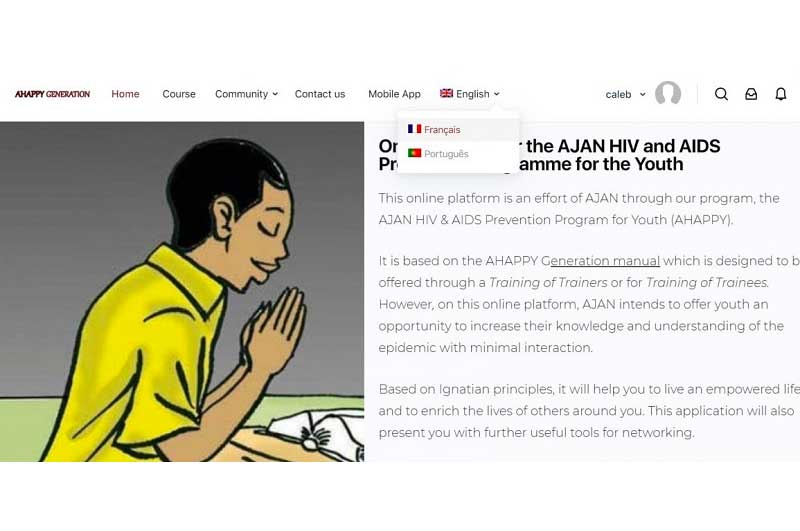
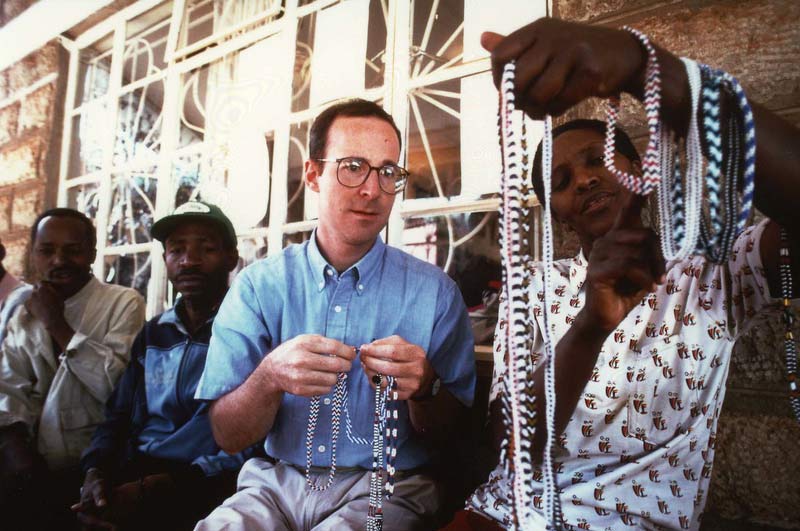
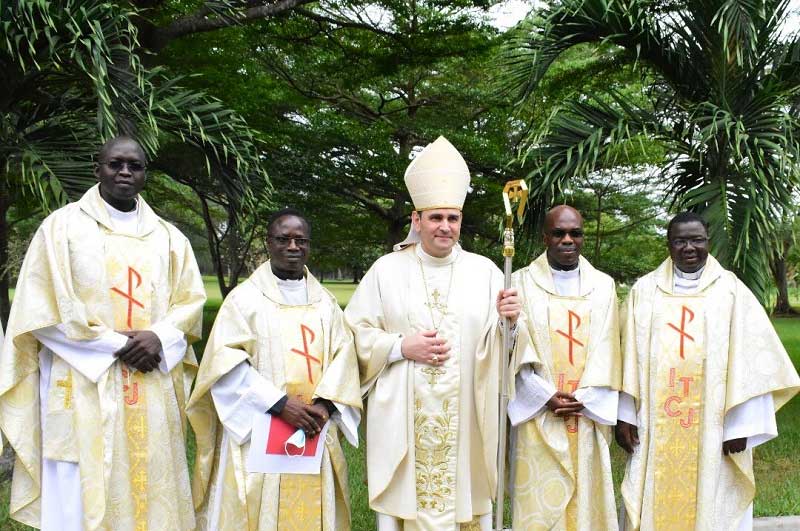
Select Payment Method
Pay by bank transfer
If you wish to make a donation by direct bank transfer please contact Fr Paul Hamill SJ treasurer@jesuits.africa. Fr Paul will get in touch with you about the best method of transfer for you and share account details with you. Donations can be one-off gifts or of any frequency; for example, you might wish to become a regular monthly donor of small amounts; that sort of reliable income can allow for very welcome forward planning in the development of the Society’s works in Africa and Madagascar.
Often it is easier to send a donation to an office within your own country and Fr Paul can advise on how that might be done. In some countries this kind of giving can also be recognised for tax relief and the necessary receipts will be issued.



